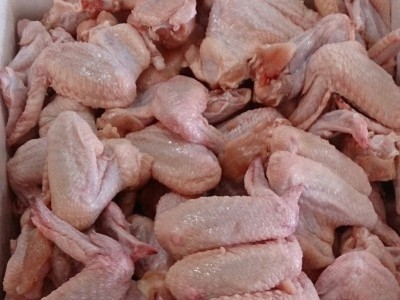Indonesia wants palm oil exporters to trade on local exchanges
Indonesia, the biggest palm oil supplier, is studying rules that would require exporters to trade at least some of their oil on local exchanges before shipping it overseas in order to improve control and data transparency.
The goal is to have a reference price for a specific palm oil product from the exchanges which can be used to calculate taxes and export levies, said Didid Noordiatmoko, acting head of the Commodity Futures Trading Regulatory Agency, known as Bappebti. It would also offer more clarity on supply and demand, helping efforts to ensure the local market is well supplied, he said.
Surging domestic prices forced the government to suspend palm oil exports temporarily last April, causing turmoil on global and local markets, something Jakarta would not want to repeat. The country, one of the largest commodity exporters, is more generally trying to increase control over pricing and supply, and seeking to move up the value chain in terms of overseas sales.
“We’ve seen many companies selling palm oil to their sister companies, which most likely includes transactions involving so-called special prices,” said Noordiatmoko, justifying the plan. This means that government tax revenue from palm oil is probably not as much as it should be, he said.
Tin Model
The main global pricing mechanism for palm oil now is the Bursa Malaysia Derivatives, an exchange located in Malaysia, the second-largest supplier of the tropical oil. Palm oil products are listed on two exchanges in Indonesia, the Indonesia Commodity and Derivatives Exchange and Jakarta Futures Exchange.
Indonesia’s plan for palm oil pricing echoes an earlier one for tin, of which the country is also a leading global supplier. The government requires all tin exports to be traded first on the ICDX, a rule imposed to create a “reasonable” price and support a push for shipments of more processed products.
The regulatory agency is planning to use tin as a model for palm, with modifications, and will seek the opinions of stakeholders including the agriculture ministry, the industry ministry and industry associations.
“The challenge now is to see what incentives we can provide for sellers and buyers to trade on our local bourse,” Noordiatmoko said.
Similar Stories

Solar groups lobby Biden to head off sector-roiling trade case
View Article
South Africa to keep anti-dumping duties on chicken imports from US
View Article
Huawei unveils new phone lineup to ramp up the pressure on Apple
View Article
Arnault says he hopes tensions with China on luxury quiet down
View Article
Ethiopia opens door for prized coffee exports to foreigners
View ArticleSwiss watch exports plunge as China and Hong Kong demand dries up
Monthly Swiss watch exports suffered their biggest decline since 2020 as demand for premium and luxury timepieces in key markets including China and Hong Kong plunged.
View ArticleGet the most up-to-date trending news!
SubscribeIndustry updates and weekly newsletter direct to your inbox!





